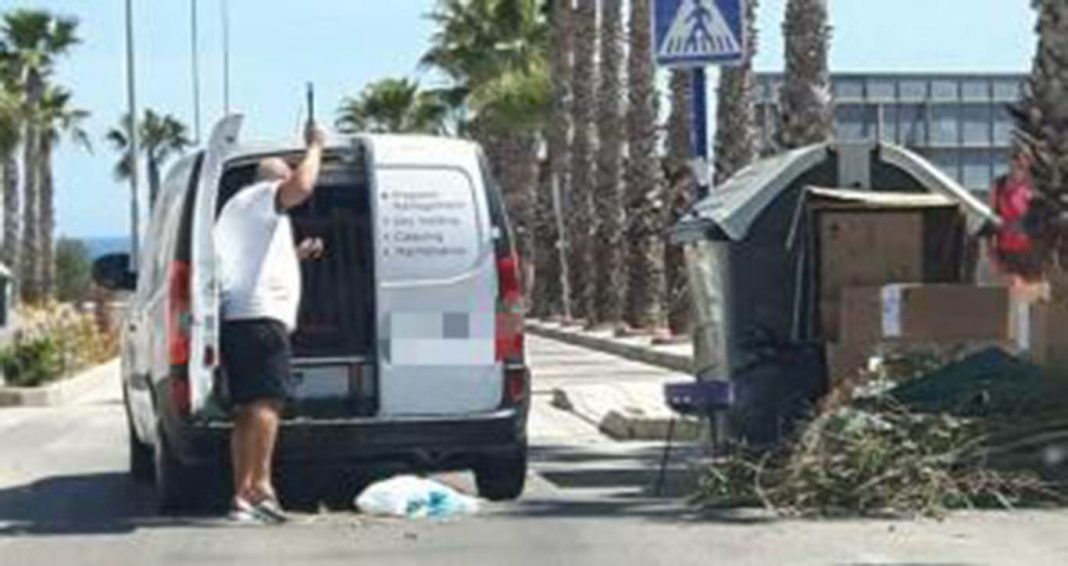Orihuela Council aims to put an end to one of the main complaints that they regularly hear from residents of the coast: the excessive build-up of illegal garden waste just sitting around and rotting in the streets.
The local ordinance prohibits the deposit of such waste on public roads which is punishable by a fine, but until now there have been very few sanctions imposed because of the difficulty in catching offenders.
Not only does the practise present a bad image, but as the prunings gradually deteriorate and rot on the sides of the roads they also present a risk to health.
But we are told that it is all about to change, thanks to the collaboration between the Department of Street Cleaning and the Local Police.
Since the beginning of the year two agents have been especially dedicated to the task of keeping an eye on the streets of Orihuela Costa, looking out for any garden waste. The police have also introduced specific controls, especially in those areas where they know that waste is regularly abandoned, either by residents or by garden maintenance companies.
This greater control is already producing results which, in the first 4 months of the year, have seen sanctions doubled and, for fear of being caught, the amount now deposited in the streets of Orihuela Costa has been generally reduced.
There are currently 23 disciplinary proceedings being processed for infringing the Municipal Urban Cleaning Regulatory Ordinance, in addition to which 7 further complaints are currently being investigated. This is twice as many as last year, when there was a total of 15, and almost triple that of 2016, when there were just 12.
The majority of sanctions are for depositing garden waste and pruning on the public road although other sanctions include 3 for spraying graffiti and dropping litter; 2 for urinating on public roads; and 2 for depositing building materials. Of these, 17 have been imposed on the Coast and 6 in the urban area.
Penalties for violating the ordinance range from 750 euros for a first or a minor offence which can rise to 1,500 euros for repeat offenders and 3,000 euros for those offences that are considered to be more serious.
At the moment, the Local Police are only fining those who are depositing large quantities of garden waste but they are also warning those residents they catch leaving lesser amounts.
The neighbourhood collaboration has also increased enormously since, in addition to the offenders hunted by the agents, many members of the public assist by photographing the vehicles of the offenders, mostly maintenance companies, and sending them to Street Cleaning.





